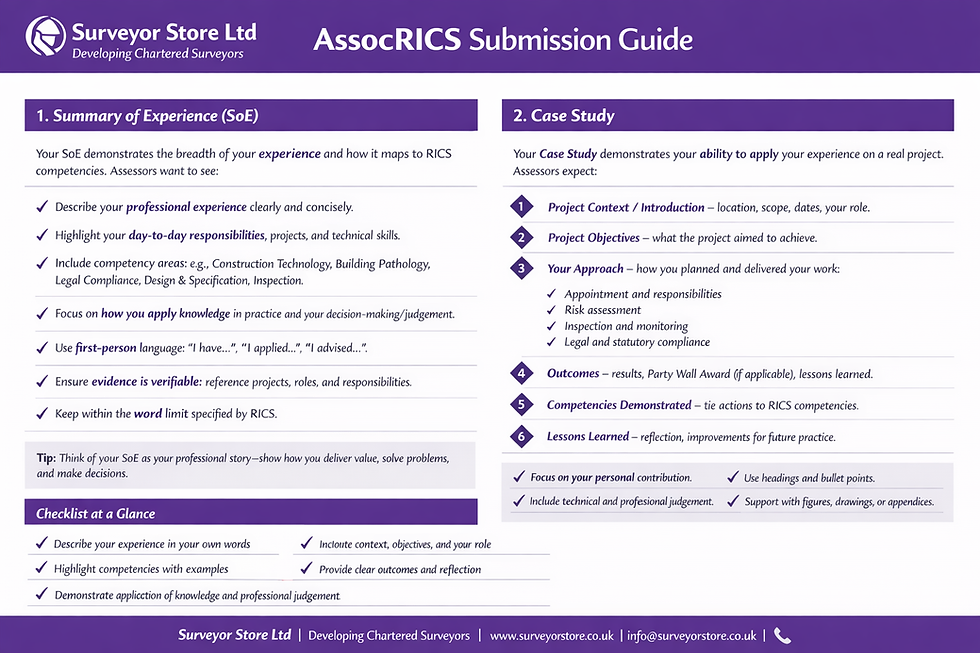The Annual RICS Harris Debate - Is it Right to Damage the Economy to Save the Environment?
- sarahchaudhry0
- Oct 11, 2023
- 4 min read
Updated: Oct 13, 2023

As well as 100 people in the room, over 500 global members listened in on line to the debate.
Smith Mordak, Chief Executive from UKGBC, led a talk on what a post-growth economy might look like for the built environment, and how the RICS as an institution and its members can address the climate emergency while moving to a fair and sustainable economy.
Smith is in my photo above, the event was chaired by Lord Bichard of Nailsworth KCB and panellists include:
Vivienne King, Head of Real Estate Social Impact, The Good Economy
Sam Carson, Senior Director and Head of Sustainability, CBRE UK's Valuations Advisory team.
Dan Epstein, Consultant Director of Sustainability, Useful Projects
Pete Gladwell, Group Social Impact & Investment Director, Legal & General Capital
Xaviere Roudeix Crouan, Head of Research and Forecasting, Knight Frank Investment Management
Luay Al-Khabib opened the event for the RICS as well, he is their Director of Knowledge, as I spend a lot of time in the RICS venue, it is always nice to go in and have a nice welcome.
Some points were made during the debate.

Luay said the speed and pace of change are affecting the economy, the market seeks new and niche skills, and a focus on education, guidance, and standards is important.
He said true cost and carbon reporting is key, and a good approach to strategic asset management is required, which I am skilled in (as in me) and this has been my industry niche.
Lord Bichard talked about the ethics of the Green economy and that it is the right thing to do.
Smith talked about degrowth and post-growth, she talked about a big shift between climate change and the economy.
She said GDP does not measure the health of the economy and that it does not take everyone along.
She talked about money being an enabler rather than a ruler.
She also talked about creating money to pay for the right things, and to pay for them to ask people to pay for the wrong things to bring about societal change through tax.
She touched on the big retrofit challenge, making the point that real change education on the options and its benefits are key.
The conversation then went on to Social Impact Reporting, this is a concept that I did start to develop during my time in Local Government.
Dan also made a similar point and began to talk about some of the tools in the marketplace and his experiences.
Pete made the point that some of the suggestions may cause problems for his investors but he does a lot of social impact investing, their social investment programme has grown a lot over 10 years.
Industry Experienced.

The topic was of interest to me as in 2012 when the Social Value Act was introduced I did much work around developing a local policy for a Council which looked at overall value.
It was the Localism Act of 2011 that gave Councils new freedoms to invest to enable this, I did a lot of strategic asset management work to look at how assets could be best used to meet local needs.
The concept of Community Asset Transfer was first introduced then as well and while the government made up its mind on how to do this, I created a local Council policy.
What the local policy did was to look at how through asset transfer we could continue services first to generate revenue savings.
The policy then considered property rent and it also had measures for social value, and to create a social value measurement tool from scratch was a big job, but we did it.
A Local Case Study

Looking back today, I found the picture of the woodlands on the provider's website, it looks beautiful and the photo of the Thames is of one of the programmes from a supplier's website.
The asset I dealt with was an Environmental Education Centre which the Council at one time struggled to fund.
Using the property asset as an opportunity, I took the asset to market and invited offers from providers.
The offers which came in started by describing and service offer which was much better than what the Council had at the time, it generated savings and paid the Council some rent.
In addition to this, the social value outcomes were very valuable with opportunities for jobs, education, volunteering and improvements in the local environment.
The new provider had both a short-term plan and a long-term vision, which was excellent.
As a specialist in the area of education, they were also a better provider of the service.
When I look at the provider's website, it looks like a very well-run centre today, whose education programme is well planned and the services it provides are of use to many people.
The link is here: https://www.thames21.org.uk/welsh-harp,
I did a lot of work like this in Local Government and when I look at it, I feel proud.
Get in touch.
As always, if the Debate topic, my thoughts on how perhaps one can respond, industry examples and case studies are of interest, get in touch.
The big win as well as the transfer of an environmental education centre was that the corporate approach we developed and I was involved in founding enabled thousands of new homes, many jobs and so much more such as overall savings.
I also found this RICS article on Social Value by Anil Sawhney and Alan Muse of RICS: https://ww3.rics.org/uk/en/journals/construction-journal/the-why-and-how-of-measuring-social-value-in-infrastructure.html .
Sarah Chaudhry
Director
The Property Practice
by Surveyor Store Ltd
07521 085400
www.surveyorstore.co.uk






Comments